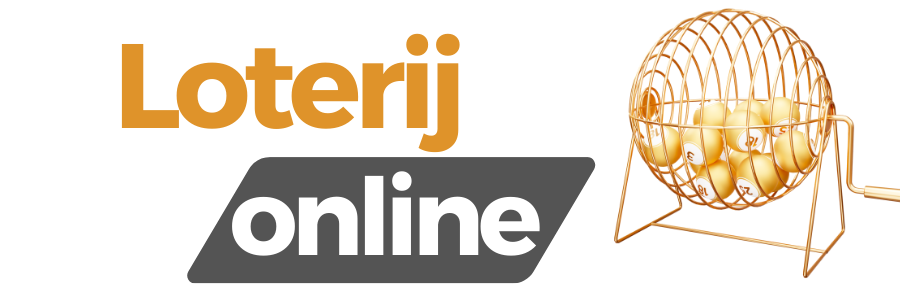The lottery culture in Nagaland and other Indian states goes back several decades and has been an important revenue-generating tool for state governments. It has also been seen as a way to provide employment through the various agencies and sellers involved in the lottery trade.
Operational Nageland
- Ticket Distribution: The lottery relies on an extensive network of registered sellers who purchase tickets in bulk to sell them to the public. These sellers often operate small kiosks, especially in busy marketplaces or near transportation hubs.
- Ticket Design: Tickets usually have numbers and, sometimes, additional features like barcodes for secure validation. Special editions for festivals or significant events might have themed designs.
- Number Generation: The numbers are usually generated randomly, and some lotteries use physical drawing machines while others might use certified random number generators.
- Draw Methodology: The draw often occurs in a public setting and may even be broadcasted online or through local television channels to ensure transparency.
In India, lotteries aren’t merely games of chance; they are intricate operations regulated by a myriad of laws and have wide-ranging economic and social impacts. A unique feature in the world of Indian lotteries is the concept of “Special Bumper Lotteries.” These draws are usually scheduled around significant festivals or holidays, making them a cultural event as much as a gambling opportunity. With prize money that often soars into the crores of Indian Rupees, bumper lotteries are a big deal—literally. However, the increased prize money also translates to more expensive tickets, adding a layer of exclusivity to these special draws.
Monitoring these lotteries requires a high level of compliance and oversight. Independent auditing firms frequently supervise the draw procedures to ensure that they are conducted according to all relevant legal guidelines. Additionally, specialized law enforcement units focus on the lottery sector, keeping a vigilant eye on ticket sales and distribution to prevent counterfeiting and other fraudulent activities.
However, this is not to say that the lottery system is without its issues. There is a growing concern about the potential for gambling addiction, especially among economically vulnerable populations. This moral dilemma poses a considerable challenge for lawmakers and society at large.
Moreover, the legal complexities don’t end here. Lottery winners face taxation at both the state and central levels, and in some cases, these taxes are deducted right at the source. This taxation has its share of legal entanglements, too. There have been instances where either the winners or the ticket sellers had to take legal action due to disputes over ticket ownership, prize money distribution, or other related issues.
Nagaland State Lottery
The Nagaland State Lottery is a microcosm of these broader trends and concerns. It’s not just about picking the right numbers; it’s about navigating a complex system that intersects with various aspects of Indian society—from economic development and employment to social ethics and legal compliance.
In summary, the landscape of lotteries in India, exemplified by the Nagaland State Lottery, is multifaceted. It serves multiple stakeholders, from the government bodies that organize it to the general public that participates in it, all while operating within a broader socio-economic and legal framework that continually evolves.
